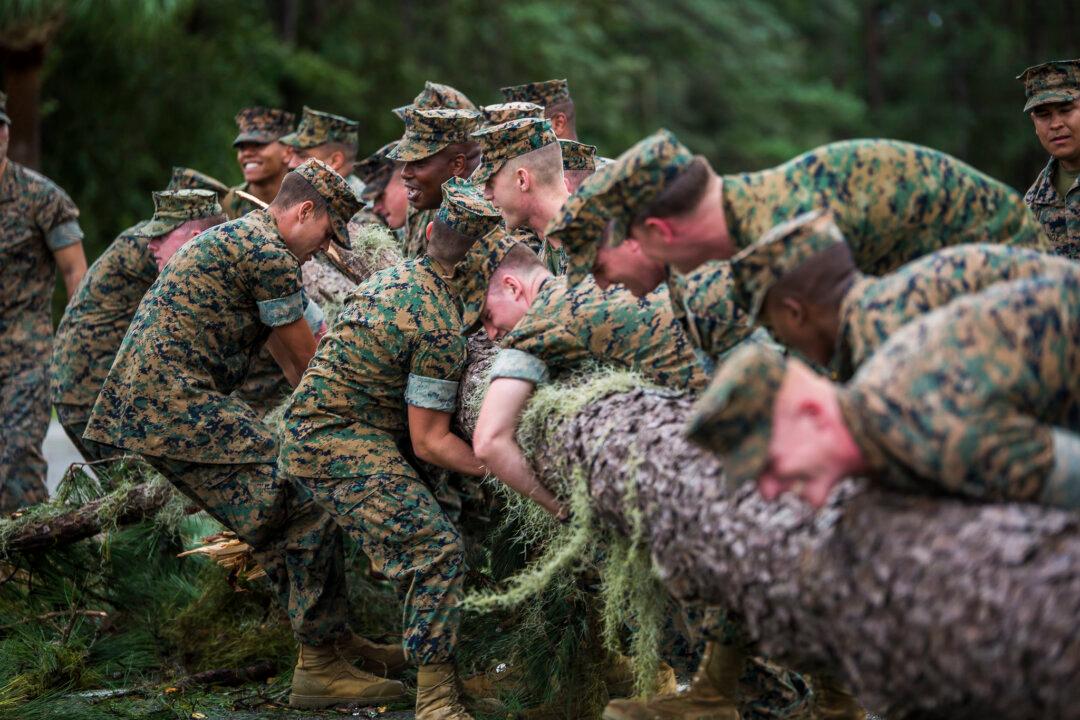In the movie “Saving Private Ryan,” a detachment of American soldiers is sent behind German lines to rescue a Private Ryan, whose three brothers have all died that week in combat. After fighting different skirmishes and suffering casualties, these men finally find the missing private and demand he return home with them to rejoin his bereaved mother.
But Ryan refuses. “Tell her that when you found me, I was here,” he says, “and that I was with the only brothers I have left and there was no way I was going to desert them. I think she’ll understand that.”






